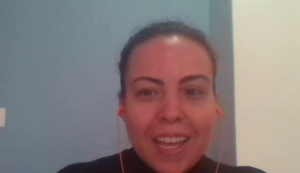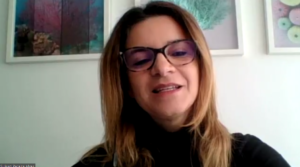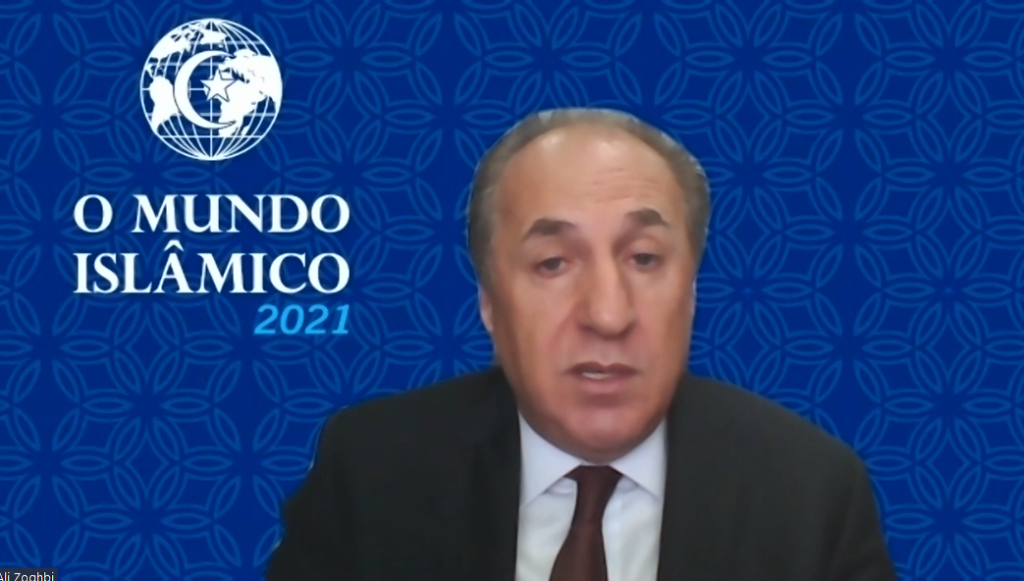São Paulo – Halal certification is a way to ensure food safety, according to Ali Zoghbi (pictured above), vice president of the Federation of Muslim Associations of Brazil (FAMBRAS). He lectured this Thursday, July 1, during the course ‘The Islamic World – Opportunities and challenges for Brazilian agribusiness in a post-pandemic scenario.’ This was the third module of the program and addressed the theme ‘Islamic World – Halal Products: Concept, Reliability, and Certification.’
The halal certificate attests that the product is suitable for consumption by Muslims. “Halal has become a way of life, of consumption with food safety. At a time when we are facing a pandemic that a type of food consumption may have caused, we see that halal takes this care with all the procedures,” explained Zoghbi.

For the vice president of FAMBRAS, the fact that certification includes criteria assessing the entire production chain makes food safer. Zoghbi recalled that the certificate could validate, in the case of meat, from the slaughter to the storage, transport, distribution, and arrival of the product in supermarkets and dishes in the case of restaurants.
“The safety that halal guarantees in the food sector is essential when we talk about religion,” agreed Fernanda Baltazar, Institutional Relations manager of the Arab Brazilian Chamber of Commerce (ABCC), who moderated the event.

To talk about the poultry sector, the organization of the course invited the technical director of the Brazilian Association of Animal Protein (ABPA), Sulivan Pereira Alves. The executive emphasized the extent of Brazilian sales. “We export [meat, ] chicks and eggs as well. We foster industries in these [Arab] regions. Brazil has a stance of contribution to food safety. It is one of the most organized industries, with conditions for traceability,” highlighted Alves.
- Learn more about the topic in the Halal section
Tamer Mansour, secretary-general of the ABCC, also spoke at the course and mentioned technology as an ally for companies in the halal market in many sectors, such as tourism. “There is now a world beyond what we saw before the pandemic, and startups and small businesses have a lot to share,” he said.

Mansour also recalled that the online consumption process was boosted in the last year. “What is fascinating is that 1.4 billion people over 15 worldwide are shopping online, and 23% of these people buy on sites outside their countries. For companies, it is essential to project their sales to the Arab and Islamic world through specific websites and e-commerce,” concluded the executive.
The online course is organized by the Brazilian Confederation of Agriculture and Livestock (CNA) in partnership with FAMBRAS. Classes will continue until July 8. The next subject will be “Islamic World – Islamic Finance, challenges and opportunities for Brazilian agribusiness.” Registration is open and free of charge.
Translated by Elúsio Brasileiro




